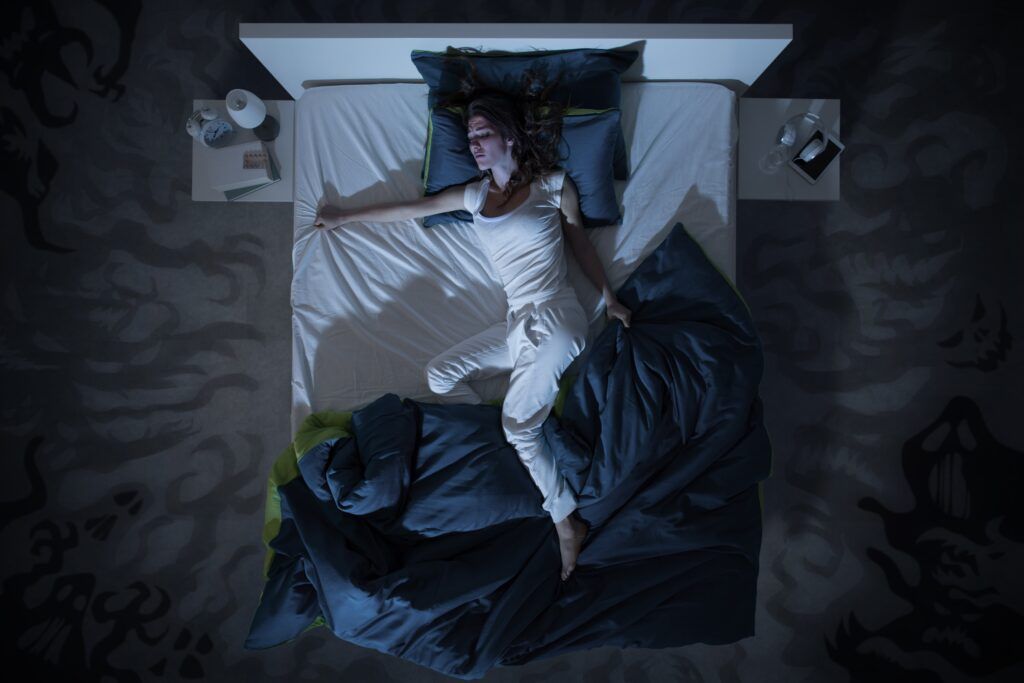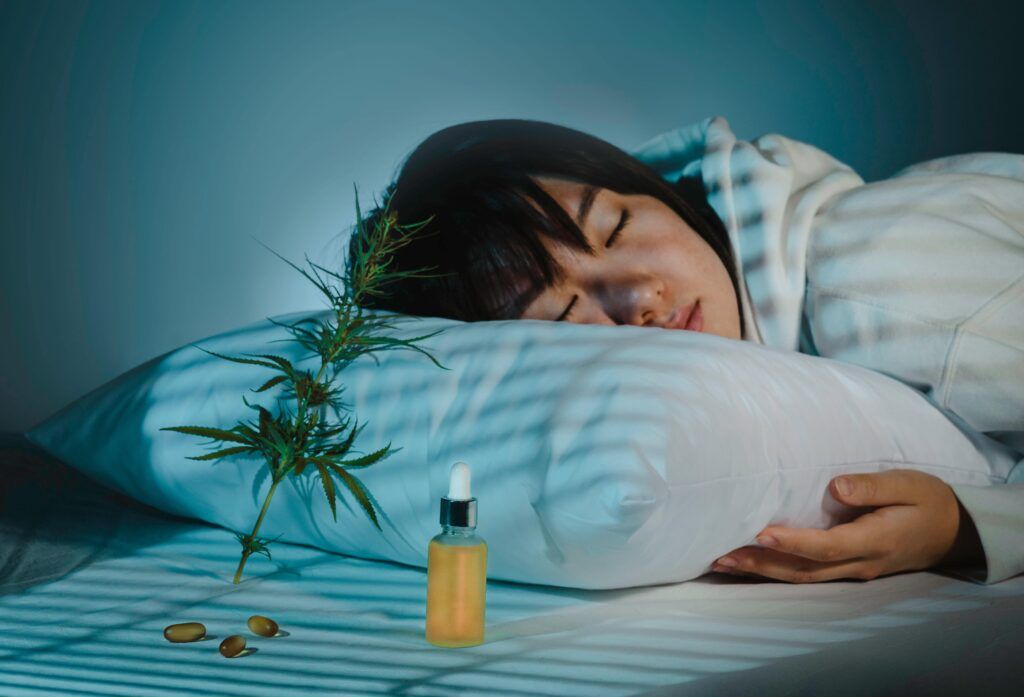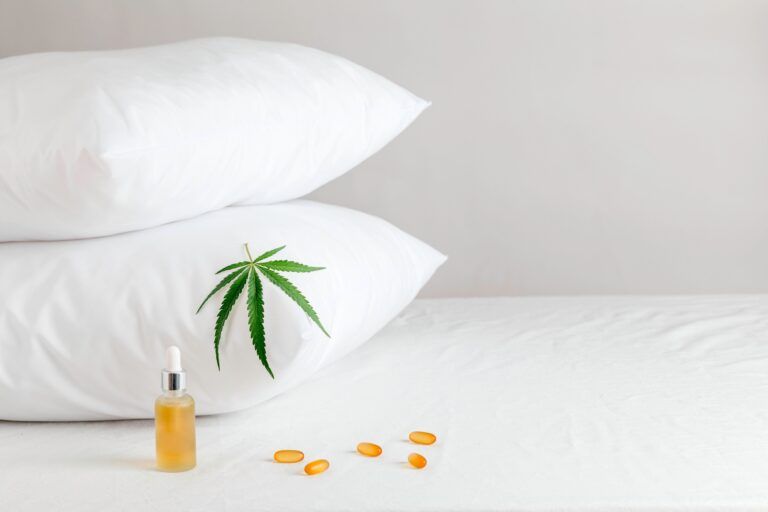In recent years, the use of medical cannabis has gained significant attention as an alternative therapy for various health conditions, including sleep disorders. While the stigma surrounding cannabis has gradually diminished, numerous scientific studies have shed light on the potential benefits of cannabinoids in promoting restful sleep and alleviating sleep-related issues. In this blog, we delve into the world of medical cannabis and explore its potential as a treatment for sleep disorders.
Understanding Sleep Disorders
There are several common sleep disorders that affect people worldwide. These disorders can disrupt sleep patterns, reduce sleep quality, and lead to daytime fatigue and other health issues. Some of the most prevalent sleep disorders include:
Insomnia:
Insomnia is characterized by difficulty falling asleep or staying asleep, even when given the opportunity for adequate sleep. It can be caused by various factors, including stress, anxiety, depression, medications, or certain medical conditions.
Sleep Apnea:

Sleep apnea is a disorder where breathing repeatedly stops and starts during sleep. The most common type is obstructive sleep apnea (OSA), where the airway becomes partially or completely blocked during sleep, leading to brief pauses in breathing.
Restless Leg Syndrome (RLS):
RLS is a neurological disorder characterized by an irresistible urge to move the legs, often accompanied by uncomfortable sensations in the limbs. Symptoms are usually worse at night and can significantly disrupt sleep.
Narcolepsy:
Narcolepsy is a neurological disorder that affects the brain’s ability to regulate sleep-wake cycles. People with narcolepsy experience excessive daytime sleepiness and sudden, uncontrollable episodes of falling asleep during the day.
Conventional Treatments and their Limitations
Conventional treatments for sleep disorders typically involve the use of pharmaceutical medications, lifestyle modifications, and behavioral therapies. Medications such as benzodiazepines, non-benzodiazepine sedative-hypnotics, and melatonin receptor agonists are commonly prescribed to help induce sleep and manage sleep disorders like insomnia. While these medications can be effective in the short term, they often come with limitations. First, they may lead to dependency and withdrawal symptoms with prolonged use. Second, some medications can disrupt normal sleep architecture, affecting the balance between different sleep stages. Third, tolerance to the medications may develop over time, reducing their effectiveness. Additionally, some sleep medications can cause side effects like dizziness, daytime drowsiness, and cognitive impairment, impacting overall daily functioning. Lastly, conventional treatments may not address the underlying causes of sleep disorders, which may require a more comprehensive approach for long-term management. As a result, there is growing interest in exploring alternative therapies like medical cannabis, which may offer a more natural and potentially safer option for sleep disorder management.
The Role of Medical Cannabis in Sleep Regulation
Medical cannabis, derived from the Cannabis sativa plant, contains various cannabinoids, the most well-known being delta-9-tetrahydrocannabinol (THC) and cannabidiol (CBD). Both THC and CBD interact with the endocannabinoid system (ECS) in our bodies, which plays a crucial role in regulating various physiological processes, including sleep.
THC and Sleep:
THC has been shown to have sedative effects and may aid in falling asleep faster. Studies have suggested that THC may reduce the time it takes to fall asleep, increase total sleep time, and decrease the number of awakenings during the night. However, it’s essential to note that high doses of THC may cause disruptions in sleep architecture, leading to reduced REM sleep.

CBD and Sleep:
On the other hand, CBD does not directly induce sedation but has demonstrated potential as an anxiolytic and anti-inflammatory agent. Anxiety and pain are common culprits behind sleep disturbances, and CBD’s ability to alleviate these issues may indirectly promote better sleep quality. Furthermore, CBD may help regulate the body’s natural sleep-wake cycle, improving overall sleep patterns.
The Entourage Effect:
The entourage effect is a term used to describe the synergistic interaction between various compounds found in the cannabis plant, including cannabinoids (such as THC and CBD) and terpenes. When these compounds are consumed together, they may enhance each other’s effects and provide a more significant therapeutic impact than when used in isolation.
In the context of sleep disorder treatment with medical cannabis, the entourage effect is particularly relevant. As mentioned earlier, THC and CBD are the two most well-known cannabinoids in cannabis, each with distinct effects on sleep. THC has sedative properties and may help with falling asleep faster, while CBD may indirectly promote better sleep by reducing anxiety and pain.
When THC and CBD are used together, along with other cannabinoids and terpenes present in the cannabis plant, they may work in synergy to address multiple factors contributing to sleep disorders. For instance, the combination of THC and CBD could alleviate anxiety and pain, which are common culprits behind sleep disturbances. Additionally, other terpenes present in the cannabis plant, such as myrcene and linalool, may also contribute to relaxation and sedation, further enhancing the potential sleep-promoting effects.
It’s important to note that the entourage effect is not exclusive to THC and CBD; it occurs with various combinations of cannabinoids and terpenes in different cannabis strains. This is why some individuals may find specific strains more effective for sleep disorders than others.
However, it’s crucial to exercise caution when using cannabis for sleep disorders, as individual responses can vary, and high doses of THC may lead to disruptions in sleep architecture, reducing the overall quality of sleep. Finding the right balance and dosage that works for each person is essential, and it’s always advisable to consult with a healthcare professional or a medical cannabis specialist for personalized guidance.
Choosing the Right Strain and Dosage
The effectiveness of medical cannabis for sleep disorders depends on selecting the appropriate strain and dosage. Indica-dominant strains are generally associated with more sedative effects, making them preferable for sleep-related issues. Sativa strains, on the other hand, may have stimulating effects, which could disrupt sleep patterns.
Individual responses to medical cannabis can vary, so it’s crucial to start with a low dosage and monitor its effects closely. Consulting with a knowledgeable healthcare professional or a medical cannabis specialist can be invaluable in determining the right strain and dosage for individual needs.
In Conclusion
The use of medical cannabis for sleep disorders is a subject of growing interest and research. While cannabinoids like THC and CBD show potential in promoting better sleep, it’s vital to remember that individual responses may vary, and more research is needed to fully understand the long-term effects. As with any alternative therapy, it’s crucial to consult with a healthcare professional before incorporating medical cannabis into your sleep regimen. By leveraging the power of medical cannabis responsibly, individuals with sleep disorders may find relief and improve their overall well-being.

Dr. Kashouty, a diplomate of the American Board of Psychiatry and Neurology (ABPN), practices general neurology with fellowship trained specialization in clinical neurophysiology. Dr. Kashouty finds the form and function of the nerves and muscles the most interesting part of neurology, which is what led him to specialize in neurophysiology with more emphasis on neuromuscular conditions. He treats all neurological diseases, but his main focus is to treat and manage headaches, movement disorders and neuromuscular diseases.




